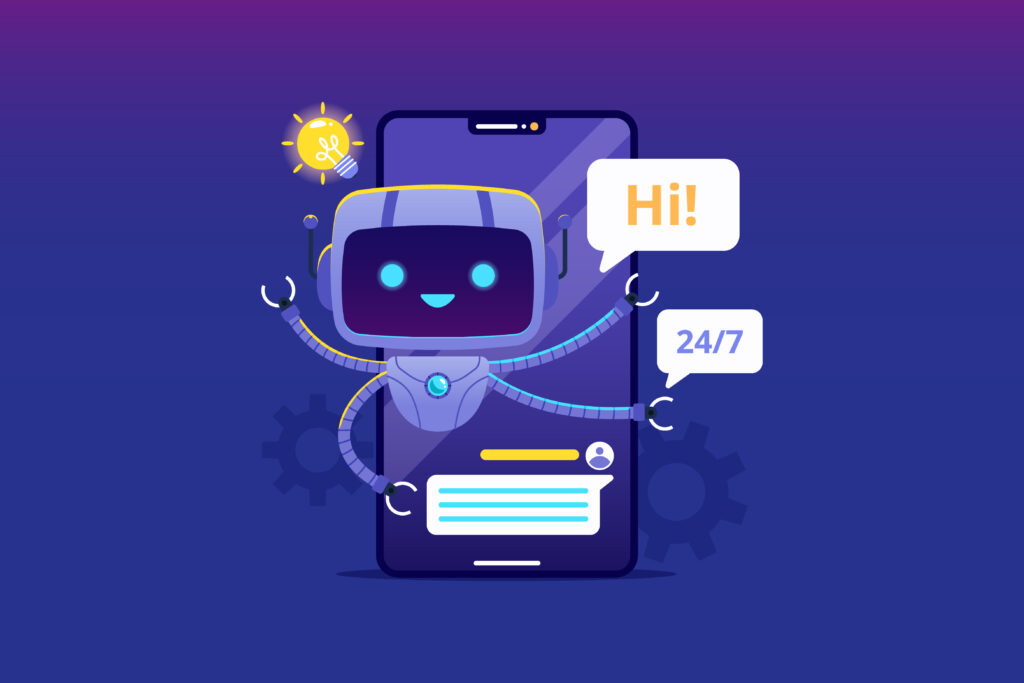LLM in Education - Overview
Cutting-edge technologies are transforming the future of education, with large language models (LLMs) at the forefront. These advanced AI models revolutionize learning, teaching, and sharing knowledge. The role of LLMs in education is rapidly expanding, from creating intelligent tutoring systems to delivering personalized learning experiences and improving the quality of educational content. This blog explores how LLMs in education reshape the learning landscape and pave the way for a more dynamic and accessible future.

Intelligent Tutoring Systems: The Power of AI in Education
One of the most promising applications of LLMs in education is the development of intelligent tutoring systems. Traditional teaching methods often struggle to address students’ diverse needs, but LLMs can provide personalized support that adapts to each learner’s pace and style. These AI-driven tutors use LLMs’ vast capabilities to create interactive learning environments that go beyond static content delivery.
For example, an LLM can serve as a virtual tutor, offering real-time feedback on assignments, explaining complex concepts, and guiding students through challenging problems. LLMs’ conversational abilities in education enable them to engage with students in meaningful ways, simulating the experience of having a personal tutor. This not only enhances learning outcomes but also democratizes access to high-quality education, making it possible for students everywhere to benefit from tailored instructional support.
Personalized Learning: Tailoring Education to Individual Needs
Personalization is a key trend in modern education, and LLMs in education are making it more achievable than ever. Unlike conventional approaches that often apply a uniform teaching style, LLMs can analyze vast amounts of data to understand each student’s unique learning preferences, strengths, and weaknesses. This capability allows LLMs in education to craft customized learning paths that cater to individual needs, making learning more effective and engaging.
For instance, an LLM can evaluate a student’s performance across various subjects, identifying areas for improvement. By leveraging this insight, the model can suggest specific resources, exercises, and study plans that align with the student’s learning goals. Using LLMs in education for personalization improves academic performance and fosters a deeper connection to the material, keeping students motivated and engaged.
Educators also benefit from the integration of LLMs in education. These models can provide valuable insights into each student’s progress, enabling teachers to adjust their instructional strategies to better address the diverse needs of their classrooms. This ensures that all students receive the support they need to succeed regardless of their learning style.
Enhancing Educational Content: Quality and Accessibility
The influence of LLMs in education extends beyond personalized learning; it also encompasses creating and distributing educational content. LLMs can generate high-quality educational materials, including textbooks, study guides, interactive simulations, and quizzes. By harnessing the power of LLMs in education, content creators can produce accurate and engaging materials, making learning more accessible to a broader audience.
LLMs can generate content tailored to different learning levels, ensuring that beginners and advanced learners find the material useful. Additionally, LLMs in education can translate content into multiple languages, breaking down linguistic barriers and expanding access to knowledge globally. This is particularly important in regions where educational resources are limited or language has traditionally been an obstacle to learning.
Moreover, using LLMs in education allows for the continuous improvement of educational content. By analyzing the latest research, trends, and feedback, LLMs can suggest updates and enhancements, ensuring that materials remain relevant and up-to-date. This dynamic approach to content creation is vital in a rapidly changing world where knowledge is constantly evolving.
The Collaborative Future of LLMs in Education
Integrating LLMs in education represents a significant advancement, but their full potential lies in collaboration with human educators. While LLMs excel at providing personalized content and instant feedback, teachers bring essential human qualities such as empathy, creativity, and cultural understanding. Together, LLMs in education and educators can create a holistic learning experience that combines the strengths of both AI and human insight.
For example, while an LLM can efficiently guide students through complex topics, a teacher can offer the emotional support and mentorship crucial for holistic development. This synergy between LLMs in education and educators ensures that the learning process is effective and deeply meaningful.
Final Thaughts
The transformative power of LLMs in education is shaping the future of education. These advanced AI models are revolutionizing intelligent tutoring systems, enabling personalized learning experiences, and enhancing the quality and accessibility of educational content. As LLMs in education continue to evolve, their collaboration with human educators will be key to unlocking their full potential. Together, they will ensure that education is more inclusive, adaptive, and centered on the needs of learners, setting the stage for a brighter, more equitable future.


